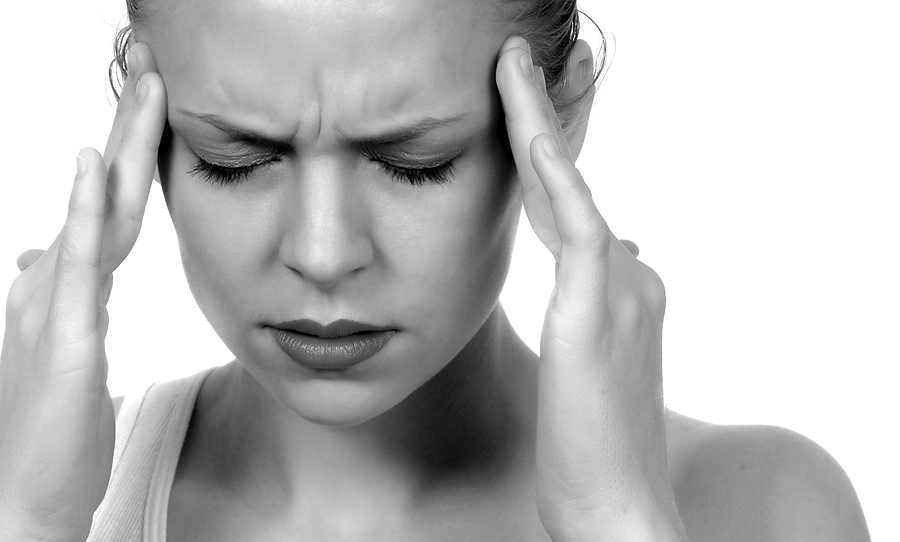Most ads that feature alcohol advise people to drink responsibly. However, the definition of responsible drinking can vary depending on who you talk to. For some it simply means not driving while consuming several pints during their weekly pub crawl. For others, it means knowing “when to say when” and cutting themselves off after a certain amount. Some could even define it as only drinking products from companies that help the environment.
What most people can agree upon is that the concept of drinking responsibly means doing so in a way that prevents you from doing harm to yourself and others. It could also mean doing so in a way that reduces the risk of developing an addiction to or dependence upon alcohol.
Moderate to Heavy Drinking vs Alcoholism
The first thing to realize is that there is specific diagnostic criteria for alcoholism, and that people who drink moderate or heavy amounts of alcohol on a regular basis are not necessarily alcoholics.
As listed in the Diagnostic and Statistical Manual of Mental Disorders, the criteria for alcoholism are as follows:
· An increased tolerance for alcohol, which requires an increase in the amount of alcohol you need to consume to become intoxicated.
· Experience withdrawal symptoms, such as tremors, insomnia, nausea, and anxiety if you cannot drink alcohol.
· An ongoing desire or craving for alcohol.
· Spending a majority of your time drinking or recovering from the effects of alcohol.
· Giving up important activities in favor of drinking alcohol.
· Having difficulty controlling the amount of alcohol that you consume.
· Continuing to drink alcohol even when health or psychological issues dictate that you shouldn’t.
As you can see, it is possible to enjoy drinking, and even enjoy drinking a lot, without crossing the line into addiction. However, the line between wanting to drink, and needing to can be very thin, which is why it’s important to be aware of your own drinking habits and patterns. Below are some tips for enjoying your alcohol, and being aware of when it might cross the line from casual drinking to problem drinking.
Drinking Mindfully and Safely
Be aware of your limits. If you have been enjoying alcohol for a while, you should have a pretty good idea of how much you can drink, and how fast, before you become falling-down drunk. However, if you notice that your tolerance is going up, you might want to cut back or even take a complete break for a few days or weeks to reset your tolerance.
Set personal limits. Regardless of how much you can drink, it’s always a good idea to set limits on how much you will drink. That way, you are at less risk of overdoing it. If you notice that you still feel the urge to drink after you have set your personal limits, it’s a good idea to step back and take a break from drinking for a while.
Realize that having a drink of choice doesn’t prevent alcohol dependence. There’s this idea that an alcoholic will drink anything to get drunk; even things like mouthwash. The reality is that it’s possible to have a beverage of choice and still be an alcoholic. For every anything goes alcoholic, there are those who will only drink white wine, or vodka, or Georgia moonshine. [4] Remember that alcoholism is less about what you drink and more about the effect that the drinking is having on your physical, mental, and emotional well-being.
Try finding activities that do not involve drinking and pay attention to how you feel when doing these activities. If you notice that you feel anxious or depressed when you can’t drink alcohol, it could be a sign that you are developing a dependence.
Volunteer to be the designated driver or drink buddy on some of your group outings. That way, you can still enjoy the company of your friends, but you can remain sober while doing it. Just like with the non-drinking activities, pay attention to how you feel during these times, especially if you become anxious or depressed about not drinking.
If you have concerns about your drinking habits, talk to a counselor or other mental health professional.




